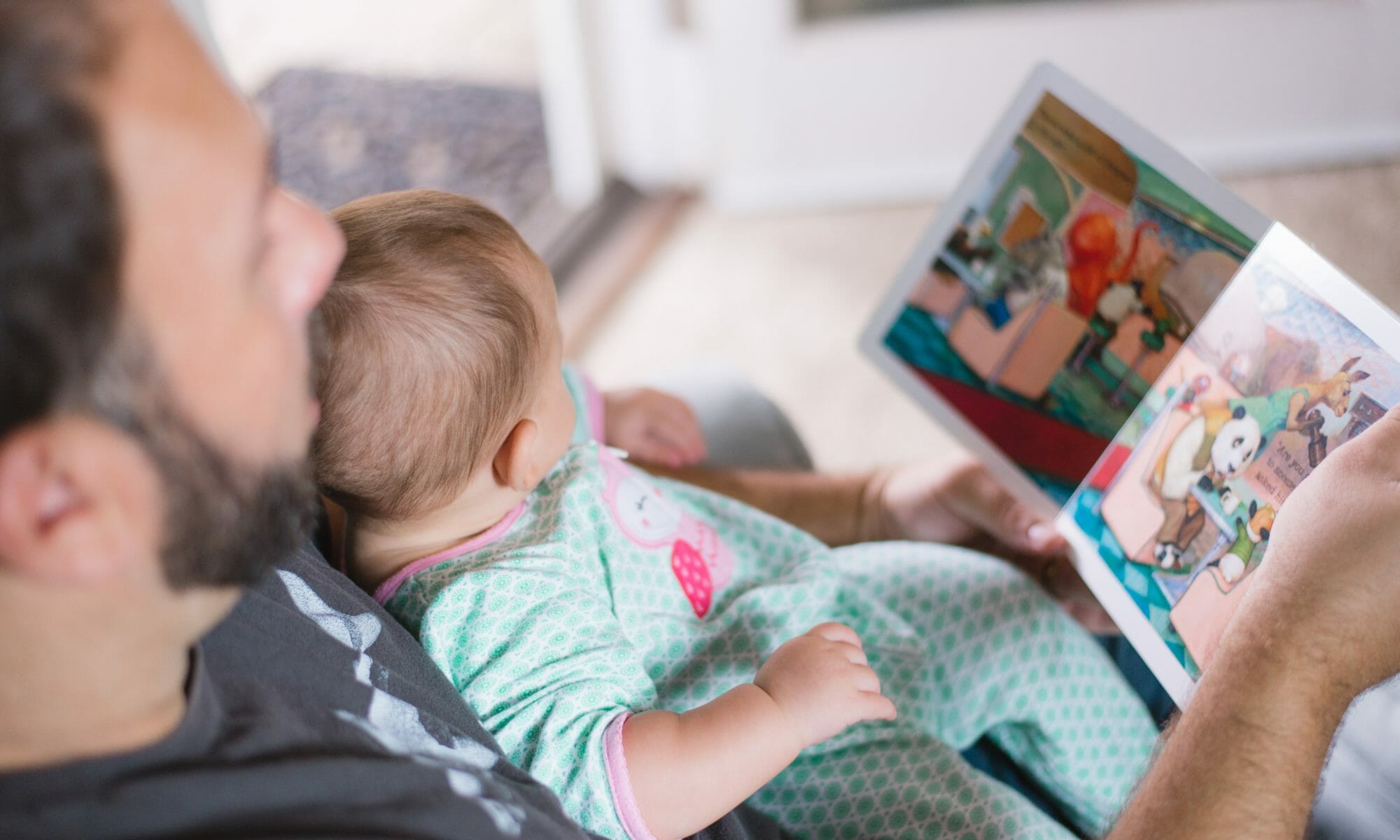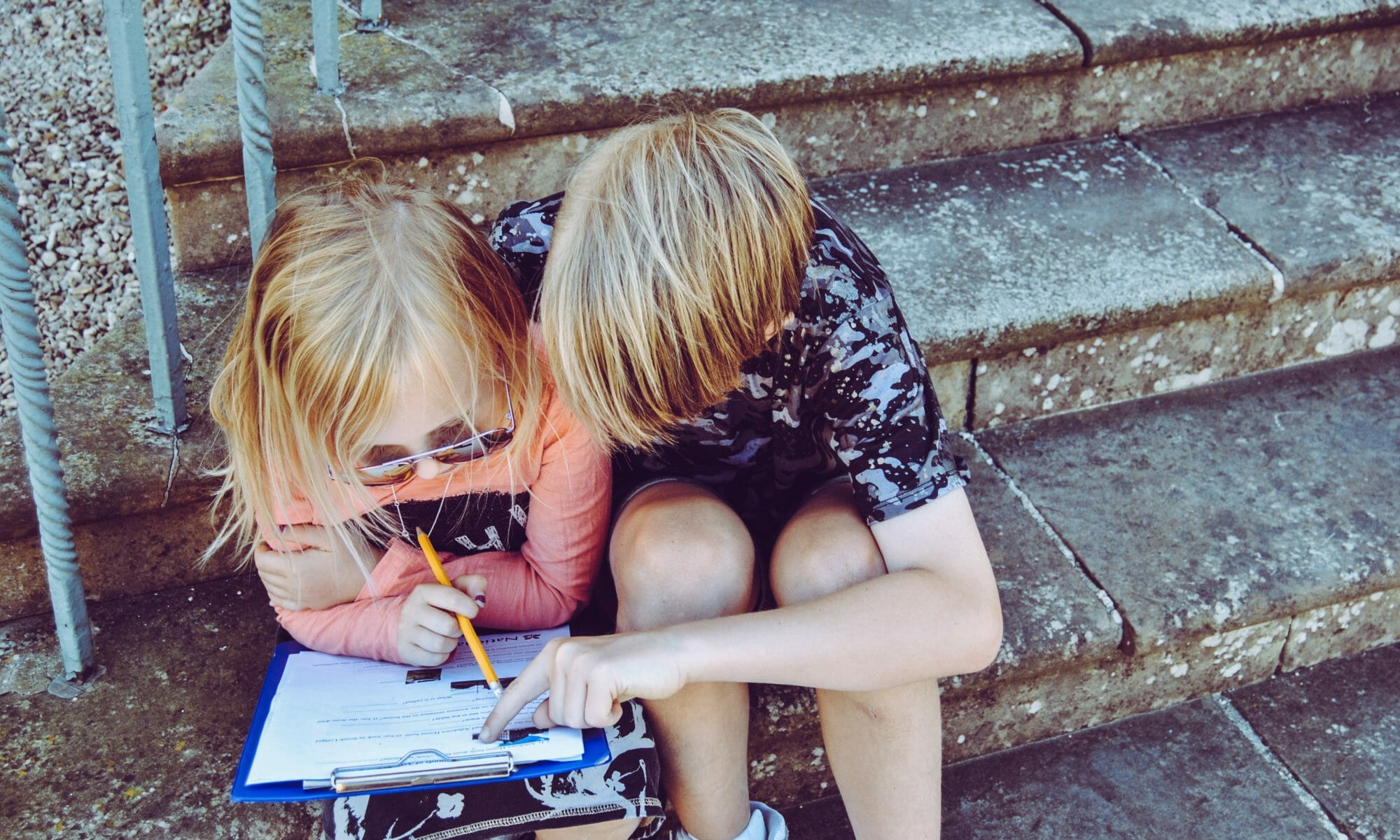A Blended Family: Finding Your Place as a Step-Parent
Marrying someone who already has children is an experience that can be equal parts challenging and rewarding. If you’re having trouble relating — or just want to make sure you’re doing things right from the beginning — here are five ways to find your place in your blended family.
-
Present a united front.
Even though you may not be the biological parent of a child, you are their parent’s spouse, and the two of you are going to need to be on the same page. You will probably have some disagreements about what the kids can do and say, just like regular parents. But expressing that in front of the kids just gives them an opening to create division. A better idea is to have regular meetings with your spouse with a goal to hash out issues and figure out how you’re going to handle them together.
-
Stay out of the coparent dynamic.
When it comes to how your partner and their ex relate to each other, it’s important to remember they aren’t together for a reason. Coparenting relationships can be tricky to navigate and range from true friends to strict civility. Taking advantage of helpful tools like 2houses, which helps coparents keep track of schedules, messages, and important information can help. However, disagreements are still going to come up, and it’s important for you to stay out of them. Treat your spouse’s ex like a neighbor your want to stay on good terms with. Keep any comments or suggestions you have for how to handle things for private conversations between you and your spouse.
-
Keep negative thoughts to yourself.
Even in the best of step-parent/bio-parent relationships, there are going to be things you don’t like about your spouse’s ex or how they parent. Actual safety issues should be discussed privately with your spouse. Everything else is best kept to yourself. Saying something negative about the children’s other parent can make it impossible to develop a good relationship with your step-kids and can destroy any headway you’ve already made.
-
Engage on the child’s level.
One of the best ways to find your place as a step-parent in a blended family is to meet the child where they are. This is going to look different depending on the child’s age and interests, but here are a few examples:
- Your step-daughter is obsessed with horses. Offer to go for a joint lesson or a trail ride at a local stable.
- Your step-son lives and breathes soccer. Make a point to attend all the games even if it’s just to be part of the cheering section.
- Your have a step-daughter who is a toddler. Take her to the park, cook a favorite meal, or even just sit and watch that movie she loves for the millionth time.
- Your step-child is an adult. Engage them as you would any other adult you would want to get to know. Ask them questions about their interests to try to find some common ground. Even if you’re not going to be best friends, you can always be friendly and welcoming.
-
Remember that integrating a blended family takes time.
Some experts believe that truly merging a blending family can take up to 10 years, so breathe and let go of unrealistic expectations. You’re not going to go from married to your step-child introducing you as “my other mom” in a year, or even three. However, with some time, patience, and sincere, non-pressuring effort, you can slowly grow and deepen your relationship with your step-kids and find your place in the process.
The Impact of Divorce on Children’s Education
Parental separation can have adverse effects on children as they experience lower psychological wellbeing, which in turn can impact their achievements in education. While the conflict caused by the separation or the divorce itself can be responsible factors, it could also be that the couples who separate are not effective parents. A child’s learning begins at home, and parents who themselves did not receive any form of quality home education may not be capable of properly educating their children. The responsibility then, falls on schools and teachers. In a previous article on 2houses we covered schooling decisions for divorced couples and how it can impact their children.
Research has shown that children who experience their parents’ divorce can display psychological and behavioural reactions ranging from anxiety, depression, and increased irritability. A study published in the journal of Pediatrics & Child Health outlines that apart from the above symptoms, children can also experience problems in social relationships and school performance. In countries where the divorce rates are higher, a child’s education and school performance are affected even more. Interestingly enough, for parents it goes the other way; as average divorce rates increase, the impact of the separation lessens.
In their article on divorce and a child’s education, Children and Family Blog notes that the impact of separation or divorce varies depending on the level of conflict. In relationships where the parents experience a high-conflict situation, the separation could be seen as a relief for the children and may positively impact them. Whereas, in relationships where parents have a low-conflict situation, children can experience worse symptomatic responses, as exiting what felt like a stable family environment could create long-term shock.
Based on research spanning more than a decade on single-parent families, a study published in the journal of Family Relations emphasises that the disadvantages for children living with single parents can be substantial and may persist long into adulthood. In the paper Growing Up with a Single Parent: What Hurts, What Helps, the authors detail that children of divorced parents earn lower grades, and are less likely to excel at school, regardless of the parents’ background or their level of education. They are also less likely to attend or graduate university, and more likely to be unemployed in their adult years.
These findings also relate to the degree of education provided to young children at home. While parents who divorce online are less likely to provide supervision and proper education for their children, this correlation may not be entirely as a direct result of the divorce. The situation at home may be such that the parents don’t care, are ineffective, or do not have the skills or tools to provide the home education that children require. Save the Children describe how home education is crucial, as the majority of a young child’s learning takes place at home rather than school. The better the home environment, the better the child’s education. While the ability of the parents does have a big impact on a child’s upbringing, the consensus is that children of divorced families do come out worse in the end, with generally lower grades and education levels.



